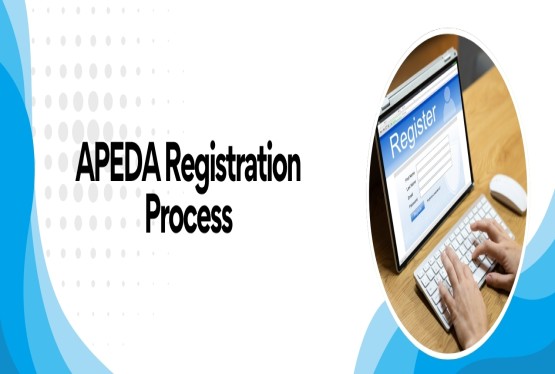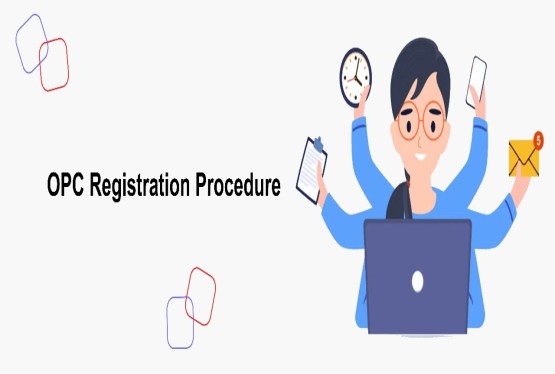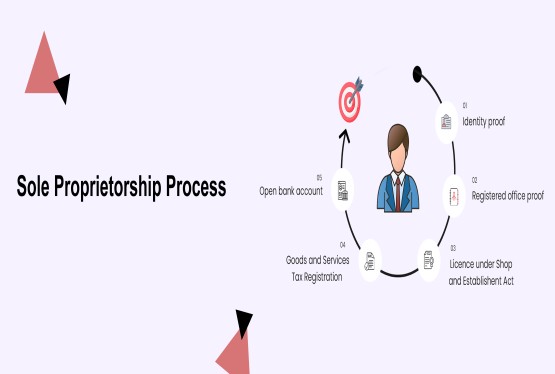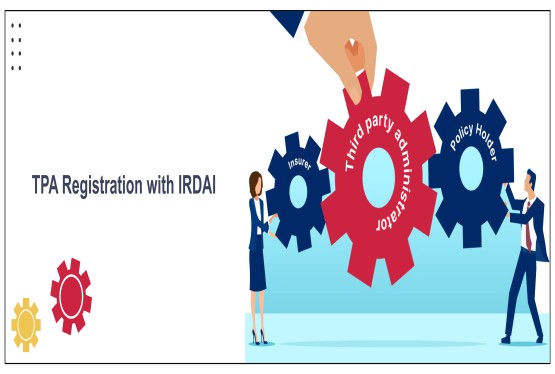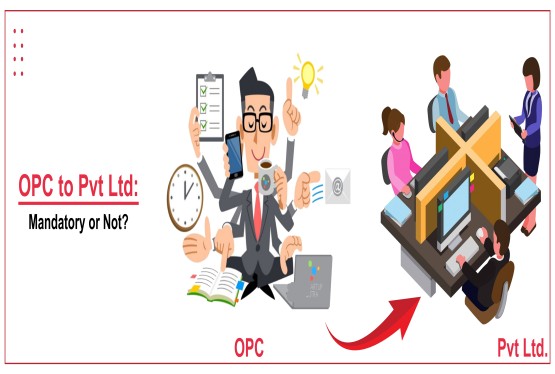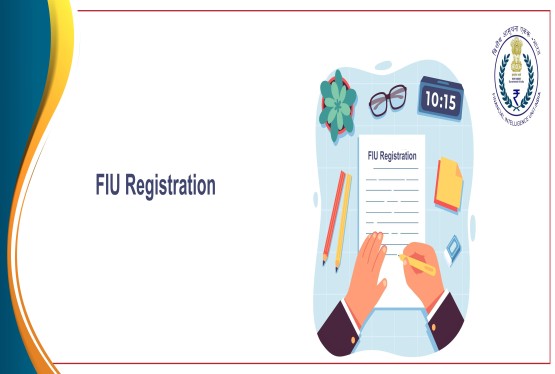FCRA (Foreign Contribution Regulation Act) registration is a mandatory certification for organizations in India, enabling them to legally receive foreign contributions. The registration, issued by the Ministry of Home Affairs (MHA) under the FCRA Act of 2010, is vital for NGOs, trusts, societies, and Section 8 companies to secure funds for social, religious, educational, and cultural activities. Without FCRA registration, these organizations are prohibited from receiving foreign funds, which may hinder their operations and growth.
FCRA Registration is valid for 5 years and requires timely renewal to maintain compliance. Additionally, registered entities must adhere to strict regulations, including filing annual returns, to avoid penalties or cancellation of registration. The application process is conducted online through the FCRA portal, ensuring transparency and accessibility.
Eligibility Criteria for FCRA Registration
Legal Structure
To qualify for FCRA registration, an organization must meet one of the following legal structures:
1. Registered Society: The organization should be registered under the Societies Registration Act of 1860.
2. Registered Trust: The organization must be registered as a trust under the Indian Trusts Act of 1882.
3. Section 8 Company: Alternatively, the organization can be a Section 8 company registered under the Companies Act of 2013.
Existence and Activity
-
The organization must have been in existence for at least three years.
-
It should have undertaken reasonable activities within its chosen sector that benefit society. These activities should align with the purpose for which foreign contributions are proposed.
-
The organization must have spent at least Rs. 10-15 lakhs over the last three years on its core operations and activities. Administrative expenditures are excluded from this calculation.
Financial Requirements
-
The organization is required to submit audited financial statements, including expenses, income, assets, and liabilities for the past three years. These records must substantiate the Rs. 10-15 lakh expenditure on core activities.
-
An FCRA-designated bank account should be opened with the State Bank of India’s New Delhi Main Branch. This account is mandatory for receiving foreign contributions.
Other Eligibility Conditions
1. The organization must not be prohibited from accepting foreign contributions.
2. Directors, office bearers, or key functionaries of the organization must not have been prosecuted or convicted for offenses such as:
-
Propagation of sedition or violent methods.
-
Inducing forced religious conversions.
-
Misutilization or diversion of funds.
-
Creating communal disharmony.
3. The acceptance of foreign contributions should not:
-
Endanger the life or physical safety of any individual.
-
Compromise India’s sovereignty, security, or public interest.
In exceptional cases, the Central Government may waive the Rs. 10-15 lakh expenditure limit. Additionally, organizations in their formative stage can apply for prior approval instead of full registration. This allows them to collect foreign donations from a specific donor for a defined purpose.
Step-by-Step FCRA Registration Process
STEP 1: Submit Online Application
Visit the Ministry of Home Affairs’ FCRA portal to initiate the registration process. The application form FC-3 is available online and must be filled out accurately. For renewal of an existing FCRA registration, Form FC-3A should be used.
STEP 2: Complete Application Accurately
It is important to ensure all fields in the online form are completed accurately to avoid processing delays or rejections. Double-check the information provided before submission.
STEP 3: Send Hard Copy
After submitting the online form, a hard copy of the completed application must be sent to the Ministry of Home Affairs along with supporting documents. This must be done within 15 days of the online submission.
STEP 4: Prepare Supporting Documents
The following documents are required to accompany the application:
-
Organization’s Charter: A detailed description of its mission, objectives, and structure.
-
Bank Account Details: Details of the FCRA-authorized bank account.
-
Audited Financial Statements: Statements for at least three years, showcasing Rs. 15 lakh expenditure towards the organization’s objectives.
STEP 5: Application Verification
The Ministry of Home Affairs verifies the submitted documents. This includes assessing the organization’s credibility, financial statements, and adherence to the eligibility criteria. The approval process may take several months, depending on the complexity of the application.
STEP 6: Post-Registration Compliance
Once the FCRA registration is approved, the organization must adhere to specific compliance requirements:
-
Annual Returns: File annual returns detailing foreign contributions received and their utilization.
-
Separate Accounts: Maintain a separate FCRA account to ensure transparency in financial transactions.
-
Purpose Utilization: Ensure that funds are strictly used for the purposes specified in the registration to avoid penalties or legal issues.
Importance of FCRA Compliance
Compliance with FCRA regulations is important to maintaining the validity of the registration. Non-compliance can result in penalties, cancellation of registration, and legal repercussions. Regular audits, timely renewal, and accurate reporting are essential to demonstrate the responsible use of foreign contributions. Furthermore, adhering to compliance requirements enhances the credibility and trustworthiness of the organization among donors and stakeholders.
Conclusion
FCRA registration is an important requirement for organizations seeking to receive foreign contributions in India. It not only ensures legal compliance but also builds trust among donors and stakeholders. By following the outlined steps and adhering to compliance requirements, organizations can effectively utilize foreign contributions to achieve their objectives and contribute positively to society. Regular audits, timely renewals, and accurate reporting are essential to maintaining the credibility and operational efficiency of the organization under the FCRA framework.
FAQs
Q1. Who is eligible for FCRA registration?
Ans. Organizations such as societies, trusts, and Section 8 companies are eligible for FCRA registration. They must have been in existence for at least three years and meet specific financial and operational criteria.
Q2. What is the validity of FCRA registration?
Ans. FCRA registration is valid for five years. It must be renewed before the expiry to continue receiving foreign contributions.
Q3. Can new organizations apply for FCRA registration?
Ans. New organizations can apply for prior approval instead of full registration. This allows them to receive foreign contributions from a specific donor for a defined project.
Q4. What is the role of the FCRA-designated bank account?
Ans. All foreign contributions must be received and managed through an FCRA-designated bank account opened with the State Bank of India’s New Delhi Main Branch.
Q5. What documents are required for FCRA registration?
Ans. Key documents include the organization’s charter, audited financial statements for three years, and details of the FCRA-designated bank account.
Q6. How can an organization ensure FCRA compliance?
Ans. Organizations must file annual returns, maintain separate FCRA accounts, and utilize funds only for specified purposes. Regular audits and adherence to reporting requirements are also necessary.
Q7. What are the penalties for non-compliance with FCRA regulations?
Ans. Penalties may include fines, suspension, or cancellation of FCRA registration. Legal actions may also be taken against the organization or its key personnel for severe violations.












_crop10_thumb.jpg)





_crop10_thumb.jpg)




























-Form_crop10_thumb.jpg)

_crop10_thumb.jpg)























_learn_crop10_thumb.jpeg)































_crop10_thumb.jpg)

_crop10_thumb.jpg)





















_crop10_thumb.jpg)















_for_Foreign_Directors_learn_crop10_thumb.jpeg)




_Act,_2015_learn_crop10_thumb.jpg)
































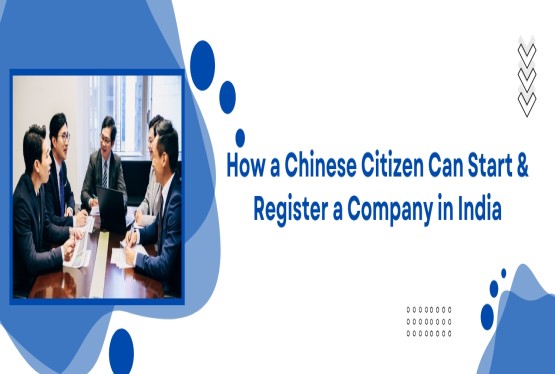
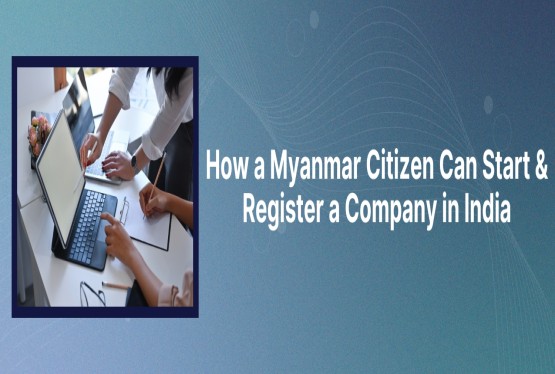
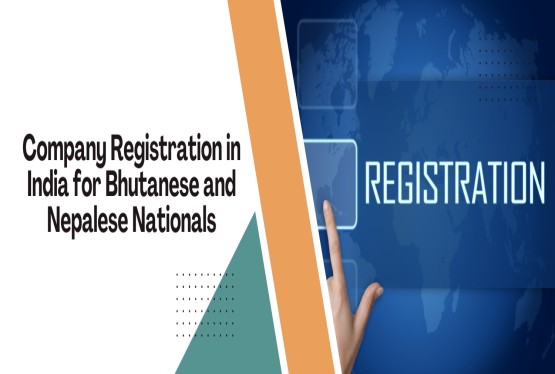
_learn_crop10_thumb.jpg)











